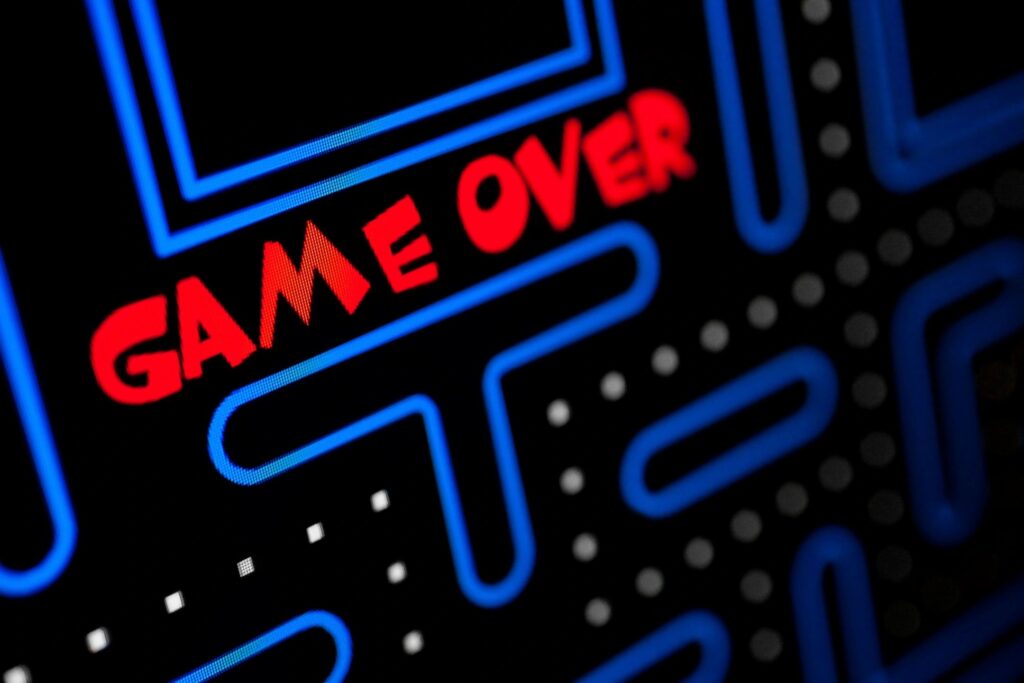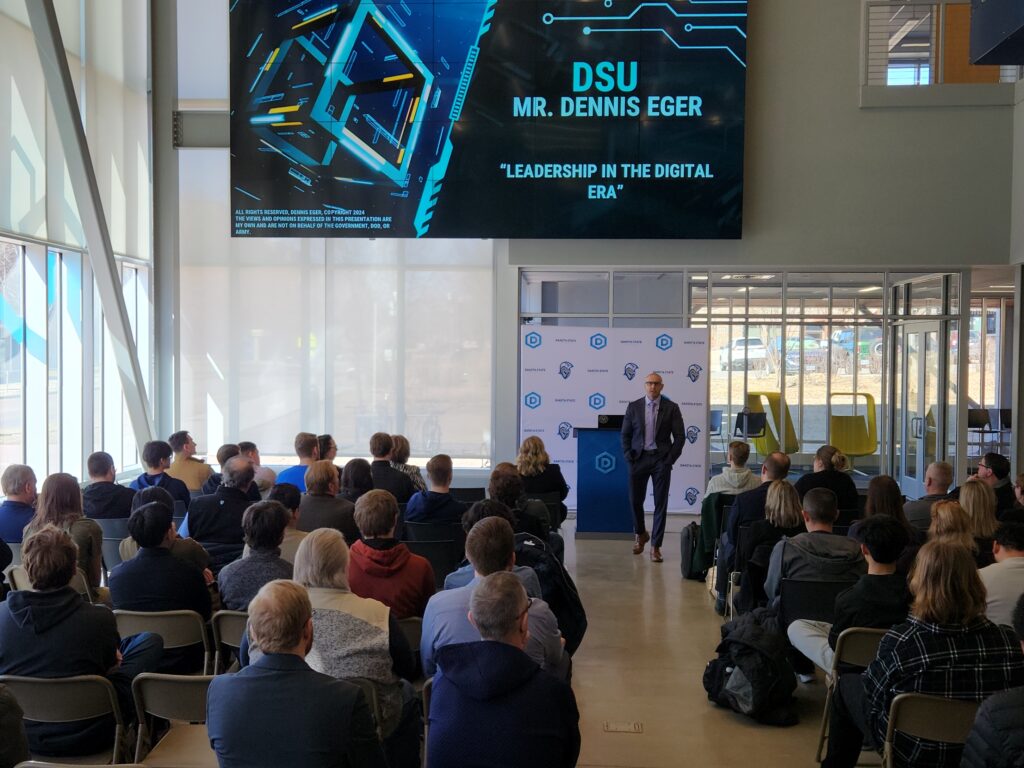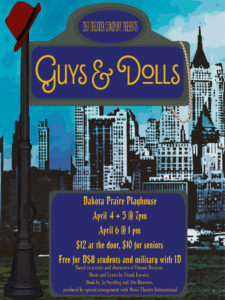Global Game Jam

5P.M., Friday, January 26th 2024, Beacom was buzzing with excitement, chatter, and students filing in. Celebrating its several-year consistency, DSU hosted the annual Global Game Jam for students, alumni, and residents of Madison alike! This event holds an incredibly special spot in the hearts of many students with a wide variety of skills and talents. Artists, coders, narrative designers, audio engineers, voice actors, and even chefs of all disciplines and majors flock in for the weekend to put a game together in 48 hours, all in preparation for a large presentation of everyone’s hard work at 5P.M. on Sunday!
Having 48 hours to develop a game from concept to playable demo is an incredible feat which takes a lot of discipline, teamwork, and an immense amount of luck. With so many skilled and talented peers working right behind your shoulders, the feeling of failure can be a hard one to swallow and come to terms with. Game Design is an incredibly difficult field that sets you up for a lot of heartache, and the Global Game Jam is a heightened example of things not always going to plan. I would argue that failures at the Game Jams are more influential than our success.
Let me back up for a second. I am not implying that students should arrive on Friday with the notion that they are going to fail during the jam. The only true way a student can “fail” while in the jam, is if they completely give up and quit. Having any sort of playable project at the end of the weekend is a massive achievement. However, every game developer knows that the scope of games changes rapidly as things don’t perform the way they intended, something gets lost, something gets corrupted, something can’t be exported right, and we run out of time and energy to complete an aspect of a game. None of these events are a cause for giving your own game a bad rap – in fact, these are to be expected in the professional game design industry! These things are going to happen, and we need to know how to deal with them when they do arise.
The Global Game Jam is an excellent introduction to the idea of failure. 48 hours is an insanely short turnaround for most anything, and for game design, it can seem impossible. Game development is one of the most cutthroat industries out there, with the strict and frequent deadlines given by publishers and investors, the immense time pressure that you are under to make something amazing in the shortest amount of time possible, the constant layoffs, and the fact that the team you are working with becomes your family. While Game Jam doesn’t offer the most in-depth experience of all of these, just given its time constraints, it does give you an introduction to every single aspect of professional game development.
Your team is, singlehandedly, your most important asset in game design, and having a great one is imperative to feeling successful after finishing the jam. Having trusted creatives look over your work and offer immediate feedback is the quickest way to improve and challenge your ideas. They are also there to support you through the entire process. If you have a good team, you are allowed to make mistakes, even game-breaking ones, because everyone understands how finicky game-developing apps can be – and everyone also has a general understanding and empathy for just how hard development can be. You are also an incredible resource for them as well. Having a good attitude and proper mindset for game development helps put your team at ease for their potential mistakes and breaks.
Not being able to deliver on your original idea for a game can be disappointing, but it is an amazing learning experience. Learning what can feasibly be done in 48 hours with the team you formed and the experience you have is an irreplaceable skill in game design. Time management and skill delegation are skills that recruiters are constantly looking for. The Global Game Jam is an incredible resource for dipping your toes into the intimidating pool of “failure” and it’s one of the best things you can do for yourself.
On Sunday, the 26th, there were over one dozen games presented in Beacom. The energy in the room was hyperactive, supportive, and above all, incredibly excited to see their peers accomplishments while celebrating their own. Every single team had a failure along the way. Every single team had a playable product that the developers there couldn’t wait to see and play for themselves. This weekend was a massive success.



